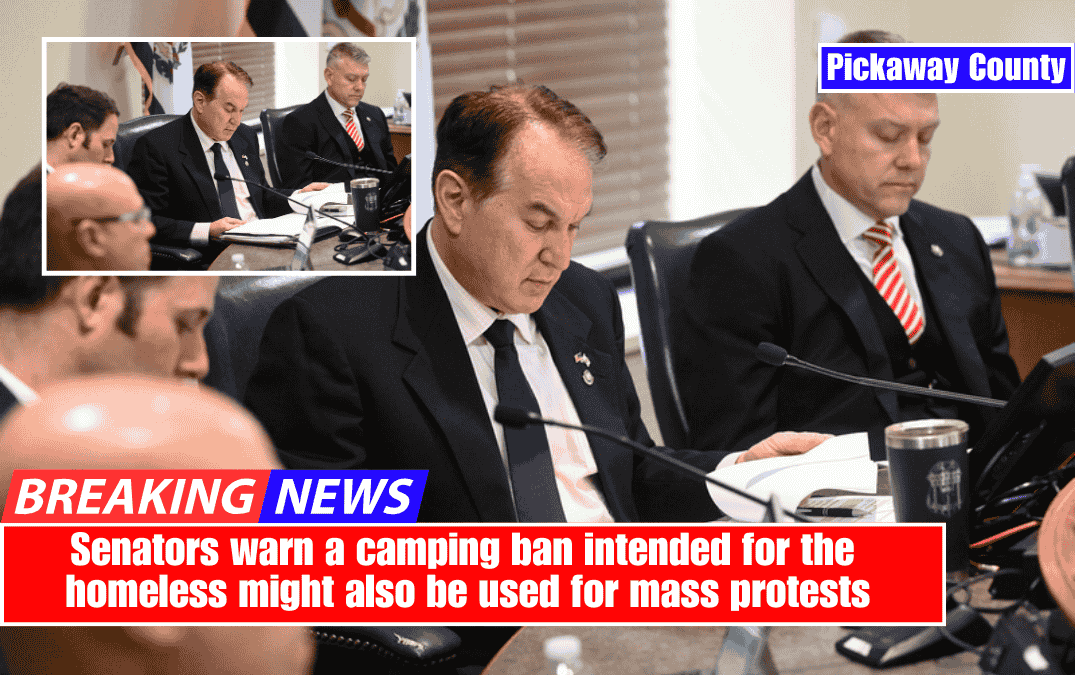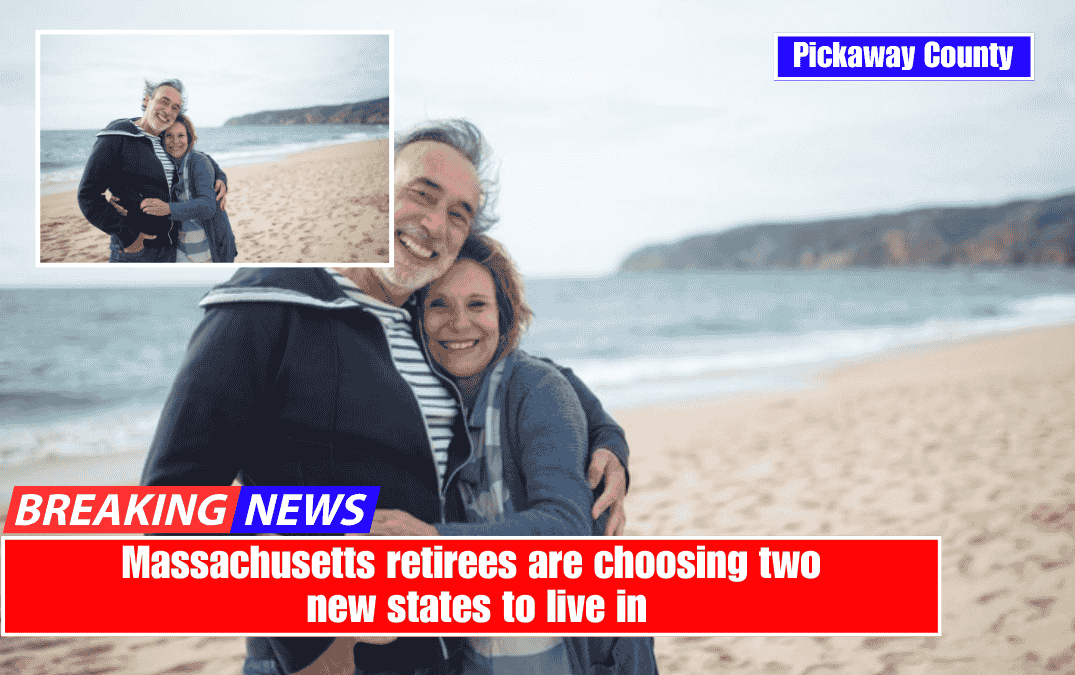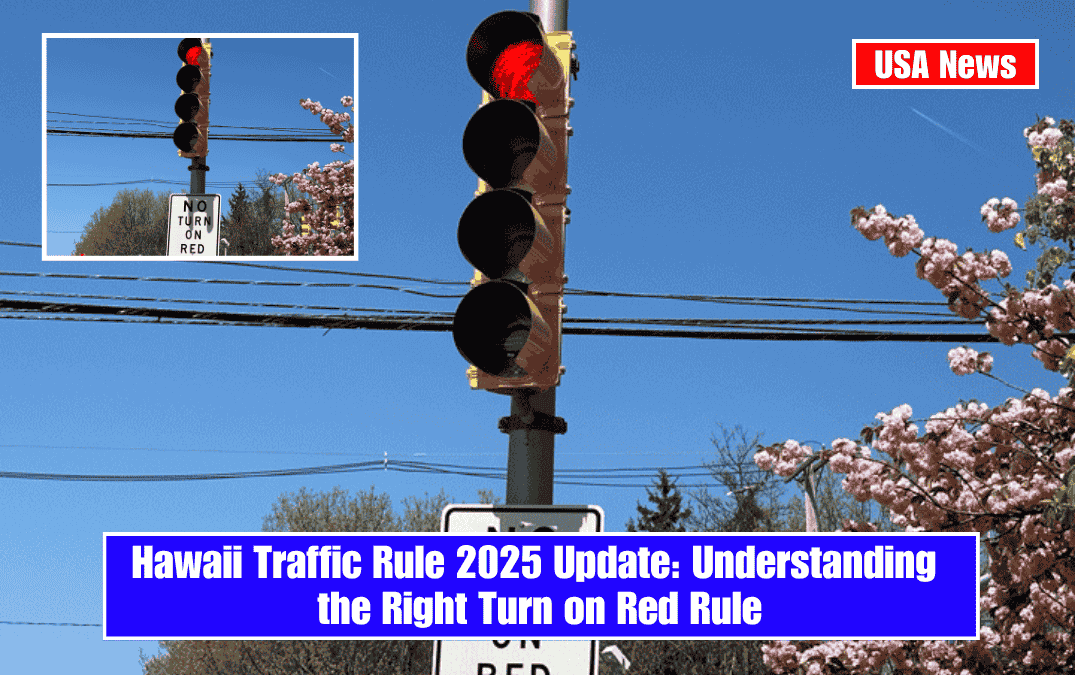The state Senate will consider a statewide ban on camping in public places. The ban is intended to address homeless populations, but some senators believe it could also be used to deal with large-scale protests.
“In fact, this is not a bill that addresses the homeless population. This would also apply to some of the violent pro-Hamas demonstrations in New York, where you see people camping out,” said Senate Judiciary Chairman Mike Stuart, R-Kanawha.
“You see the applicability of something like this, right, to be able to say, ‘Listen, you’re just not allowed to go out there and camp and cause destruction and burn fires in a city and violently protest what had happened in Israel.'”
Senator Tom Willis (R-Berkeley) later agreed with that assessment.
“I think it’s a useful and necessary tool to address some of the situations that we’ve seen sweeping across our nation, and we can preemptively prepare for them here in the state of West Virginia, for instance, the Hamas hostile campus takeovers, the cell block Seattle situation a few years ago where they literally took over parts of the city and law enforcement was scared to go in,” Willis told the crowd.
“It’s a tool for protecting small businesses. You’ve seen how businesses are closing across the board in cities like San Francisco, and this provides a tool for our government officials to combat some of that.”
The bill was debated for about two hours in the Senate Judiciary Committee before being sent to the full Senate. The bill has already passed the House of Delegates, but it has been amended so that both chambers must agree on a final version.
House Bill 2382 seeks to establish guidelines and consequences for unauthorized camping and storage on West Virginia’s public lands. It does not necessarily prohibit sleeping on public property.
The bill describes maintaining public spaces as restricting activities that interfere with public use or pose health and safety risks.
Violations can result in warnings, fines of up to $500, and up to 30 days in jail, with consideration given to providing alternative shelter.
Members of the Senate Judiciary approved an amendment proposed by Senator Eric Tarr, R-Putnam, to provide transportation options to areas with excess capacity for services to those experiencing homelessness, addiction, or mental health needs as an alternative to punishment.
Homelessness has been a major issue for several local governments, including Morgantown, Clarksburg, Princeton, and Bluefield.
Mark Phillips, president and CEO of Catholic Charities West Virginia, said he appreciates a provision in the bill that gives municipalities more control over providing exempt areas for homeless people.
However, he stated that some areas, such as Morgantown, have full shelters. So, if people are referred from shelter to shelter and there is nothing available, they may be forced to pay a fine or face imprisonment. They’d simply be in the same situation they were in before being released from prison.”
His main concern, he explained, is how the bill will work in practice.
“We fully support police moving people to shelter. Phillips told senators, “We think police and social service agencies working together to counsel individuals toward housing can be really effective, but there are many places in West Virginia where it’s not possible.”
He went on: “Individuals who are experiencing homelessness, who end up in the prison system, just are in worse shape when they come out.”
Senator Patricia Rucker, R-Jefferson, questioned the bill’s punitive aspects, pointing out that a second offense carries a possible $200 fine.
“We’re saying a fine will be imposed for the second offense — you’ve already been caught twice. It could be $5, but we’re asking people who don’t have enough money for a house, a car, or basic necessities to come up with money so they can leave the second time.”
Rucker voted no on the bill.
“Although I understand the intent may be good and positive, I just I don’t agree with putting people in jail because they’re homeless,” according to her.
Senator Scott Fuller, R-Wayne, said people who visit downtown are concerned about their surroundings when they see homeless encampments.
“Allowing them just to sleep on the streets or on city blocks not only is is not a good look, it scares people,” Fuller told the audience.
“You know, we have to not only take care of the people who are on the street, but we also have to think about those children and parents that are trying to — and the businesspeople, especially — that are trying to conduct a business or take their kids shopping.”















